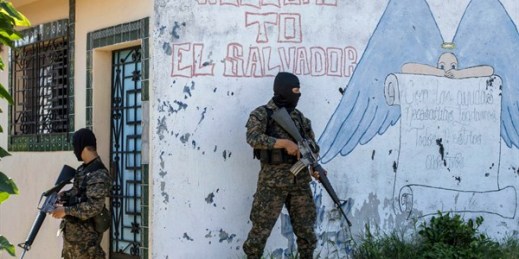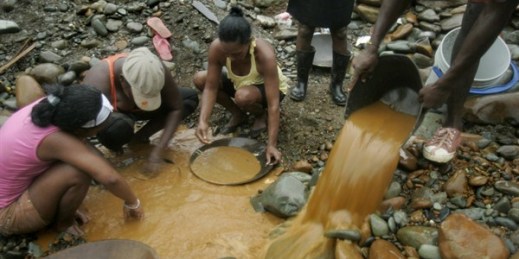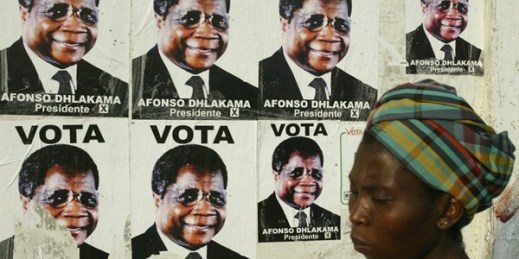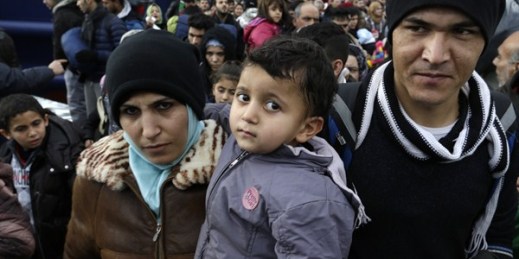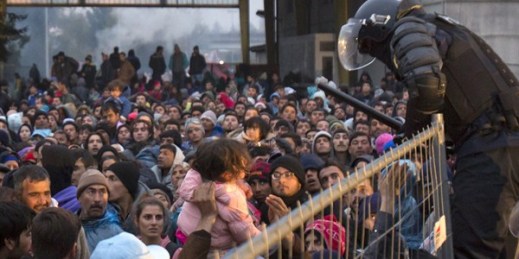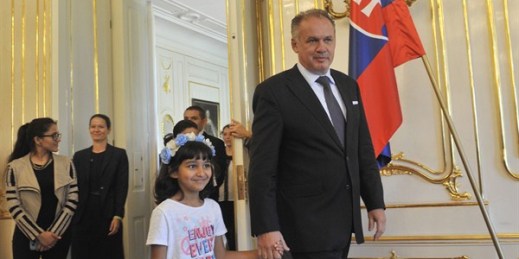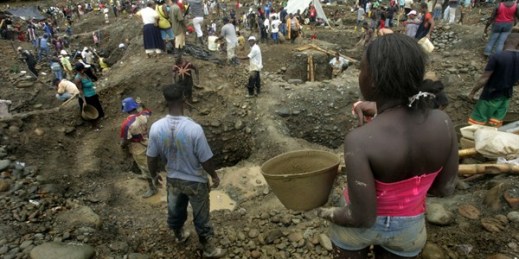
In this week’s Trend Lines podcast, WPR’s Editor-in-Chief Judah Grunstein and host Peter Dörrie discuss ISIS and al-Qaida affiliates, El Salvador’s murder epidemic and the impact of the drop in global commodities prices. For the report, journalist James Bargent joins us to discuss illegal gold mining and violence in Colombia. Listen: Download: MP3Subscribe: iTunes | RSS Relevant articles on WPR: ISIS vs. Al-Qaida: How Do Affiliates Choose?El Salvador’s Murder Epidemic and the Paradox of Peacebuilding SuccessWith Little International Support, Unrecognized States Turn to Each OtherWPR’s Global Insider Series on the Commodities CycleLengthy Oil Slump Could Force Saudi Arabia’s Hand on […]

